Military Cardiologists
Military Career
General Information
Description
Cardiologists are specialists who diagnose and treat diseases such as coronary artery disease, congenital heart defects, heart failure, and disease of the heart valve. These physicians often rely on medical tests such as electrocardiograms and cardiac catheterizations to diagnose the specific ailment. They prescribe treatments including therapy, medication, and surgery. In the Military, cardiologists work in military clinics or hospitals.
Explore this career outside the MilitaryWork Environment
Cardiologists work in hospitals and clinics on land and aboard ships.
Comparable Industries
- Health Science
Military Outlook
Service Branches
Jobs in this career field may be available in other service branches. Call or email a particular branch for more info.
Military Status
- Officer
- Managerial/professional
- College degree required
Military Workforce
Cardiologists in the Military
2,314
Salary
Salary Information
Median Military Salary This is the median, or the midpoint, of the salary range for this career.
$117,849
Military Salary Range Salary varies based on years of service, degree level, special pays, family status and location. Learn more about Military benefits.
$30,918 - $303,913
What makes up a Military salary?
Military salaries include a lot more than just base pay.
They also offer:
- Housing allowances
- Subsistence allowances
- Special and incentive pays
- Cost-of-living allowances
- Hazardous-duty pay
- Bonuses
Learn more about what goes into a salary with the compensation estimator
Learn more about military insurance and retirement benefits
Education
Military training
Officers typically enter the Military after they have completed a four-year college degree; enlisted service members can transition to officer positions through a variety of pathways and earn a degree while serving. Job training for cardiologists primarily consists of on-the-job learning in various training environments. Scholarships for advanced medical training are available in return for an obligated period of military service. Qualifying students benefit through unique training experiences and get to attend certain military short courses designed to develop tactical, technical and operational skills unique to the military environment. Like other officers working in healthcare, they complete a comprehensive training program covering responsibilities, orientation to military structure, healthcare and etiquette, traditions, and leadership development. Job-specific training content may include: Team Strategies and Tools to Enhance Performance and Patient Safety/TeamSTEPPS® Essentials and Fundamentals Mishap Investigation and Prevention Operational Aeromedical Problems Senior LeadershipJoint Operations Medical Management
Read More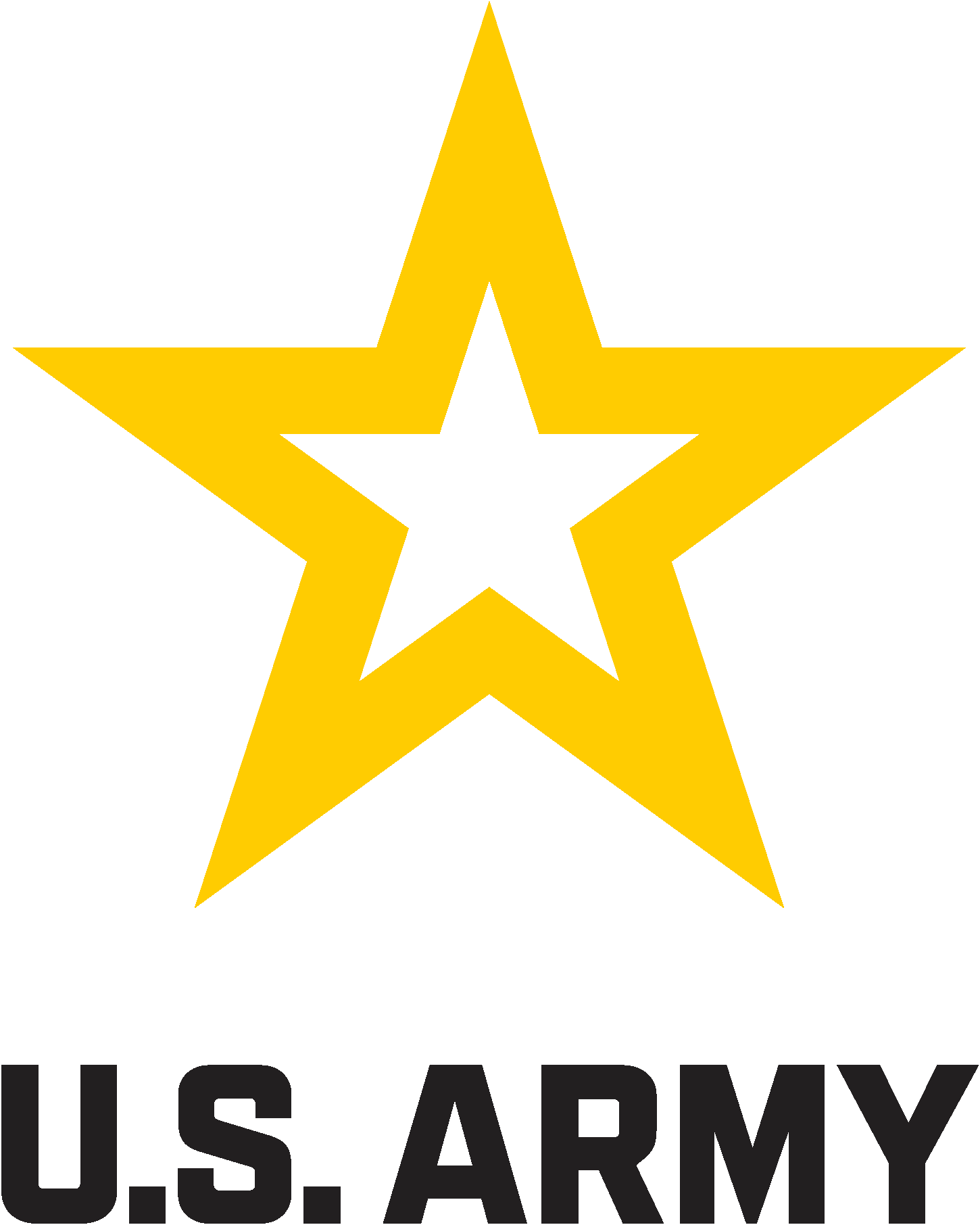 Army
Army Marine Corps
Marine Corps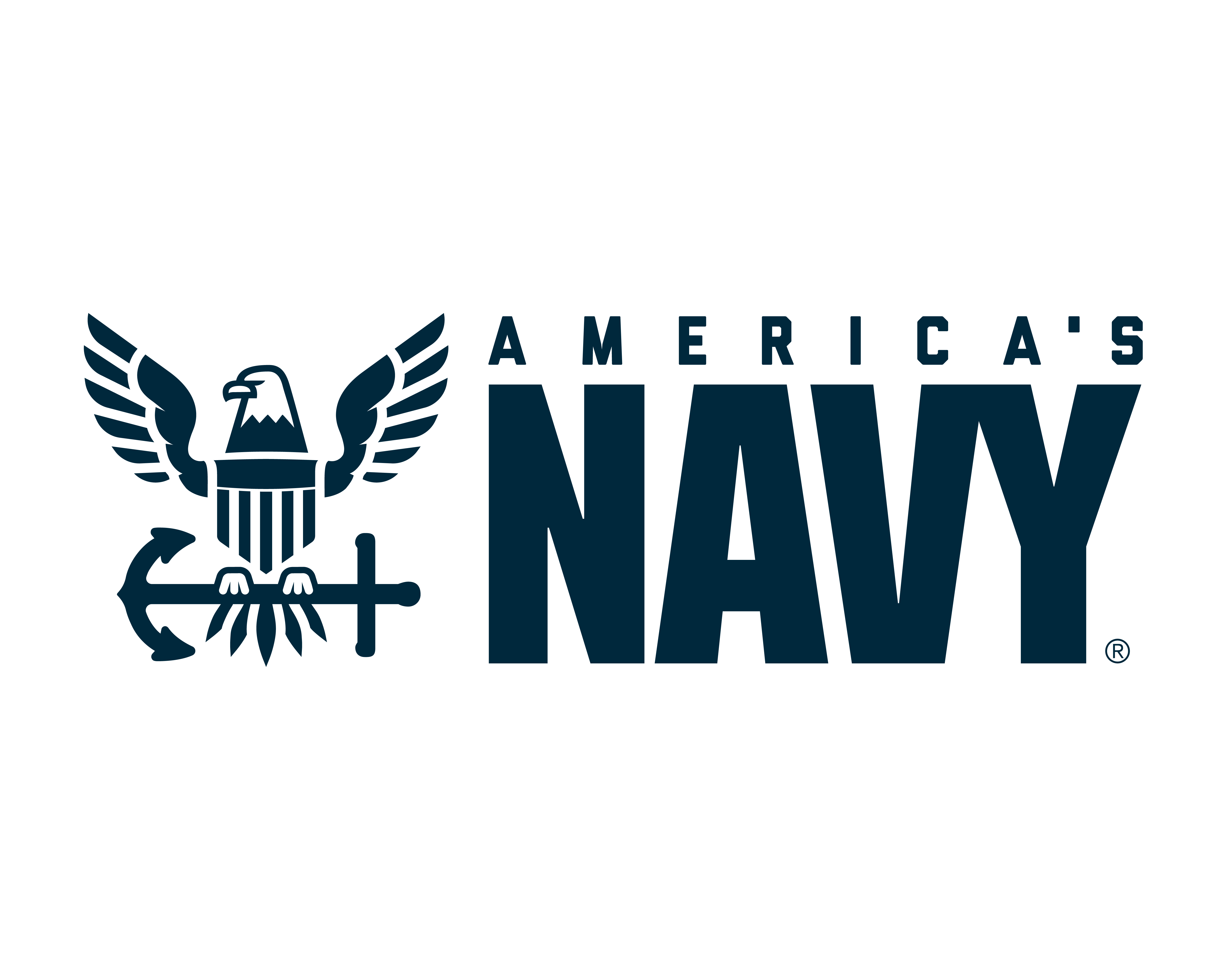 Navy
Navy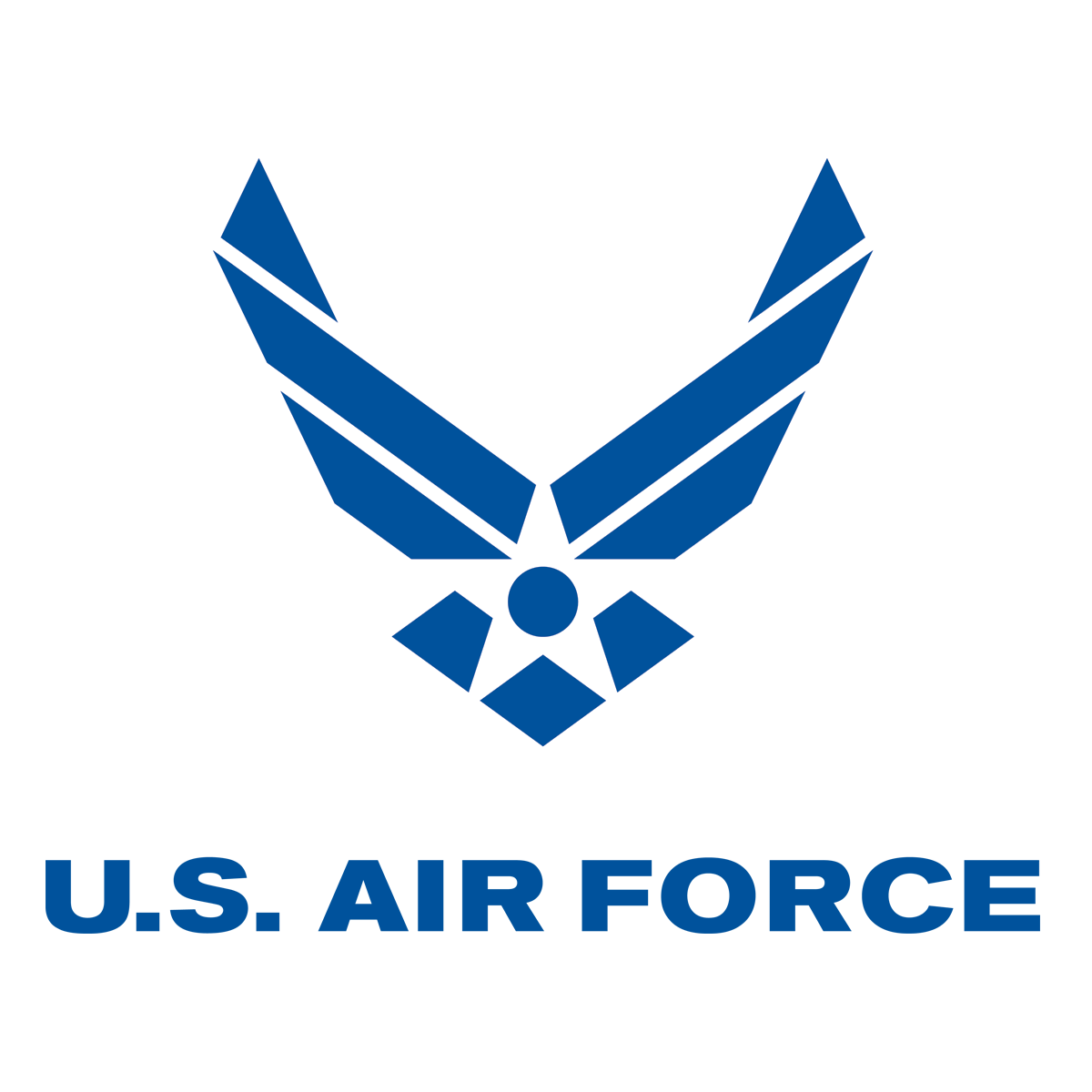 Air Force
Air Force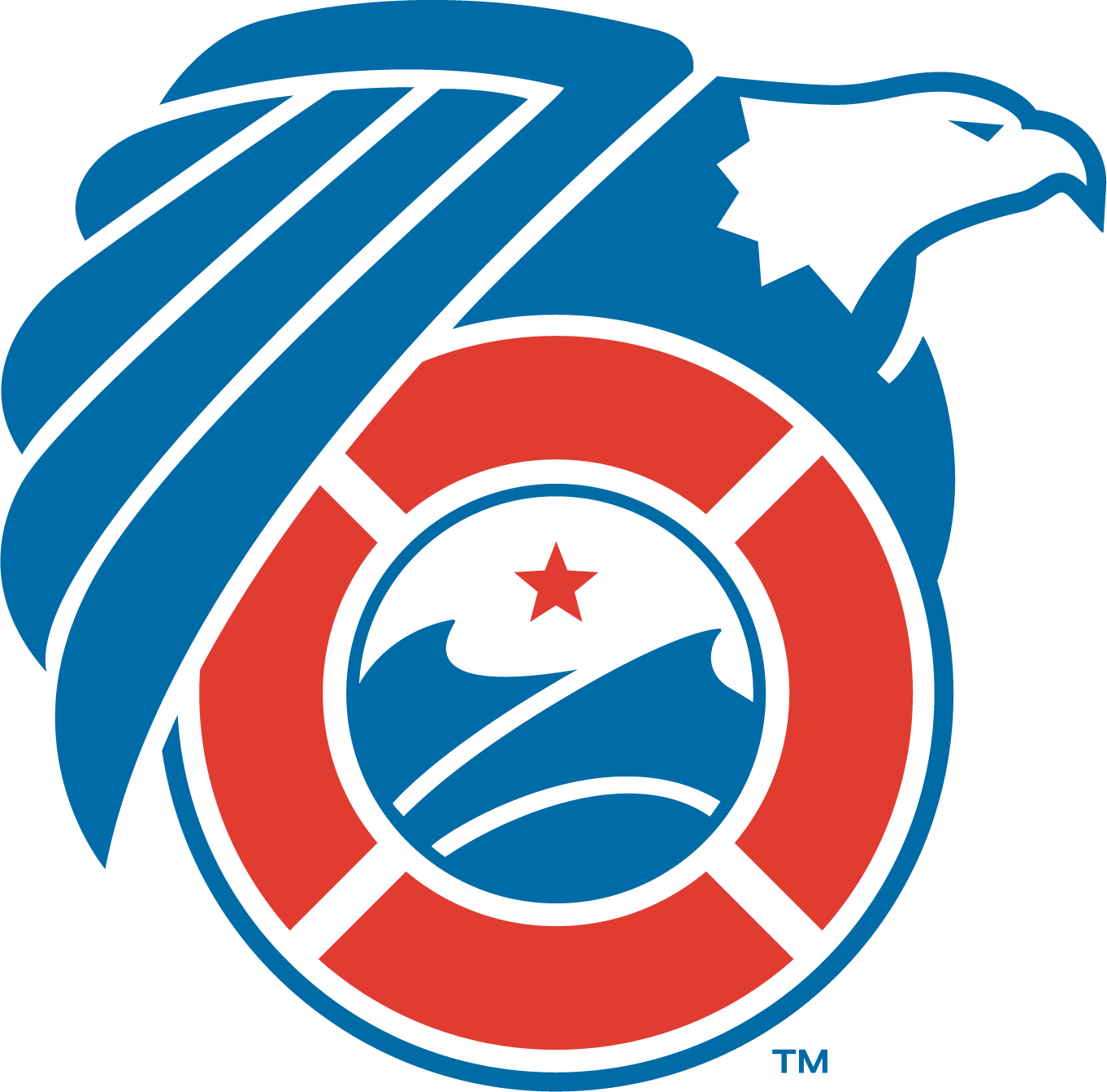 Coast Guard
Coast Guard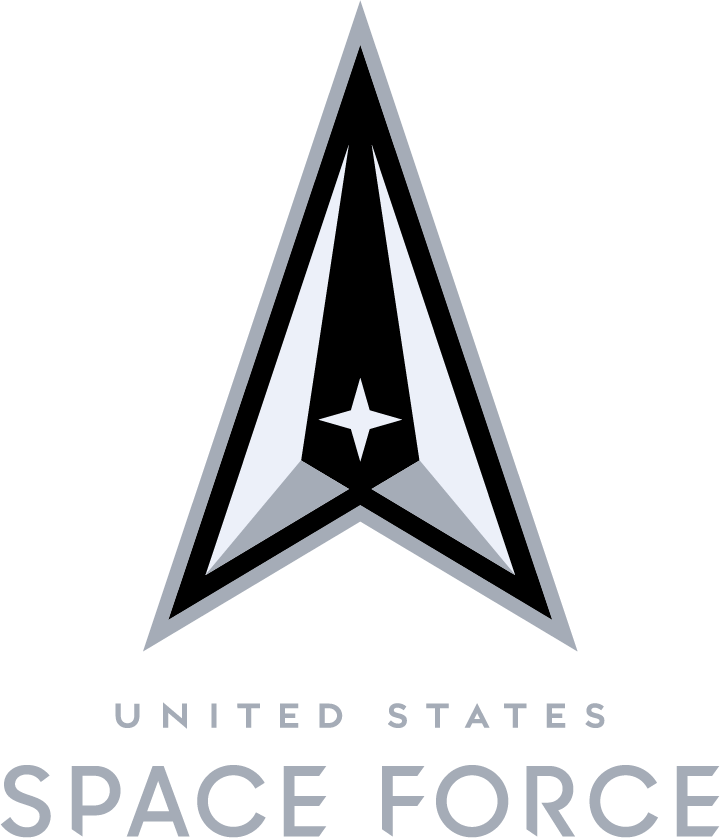 Space Force
Space Force